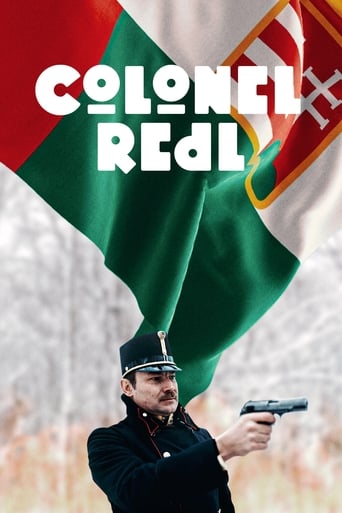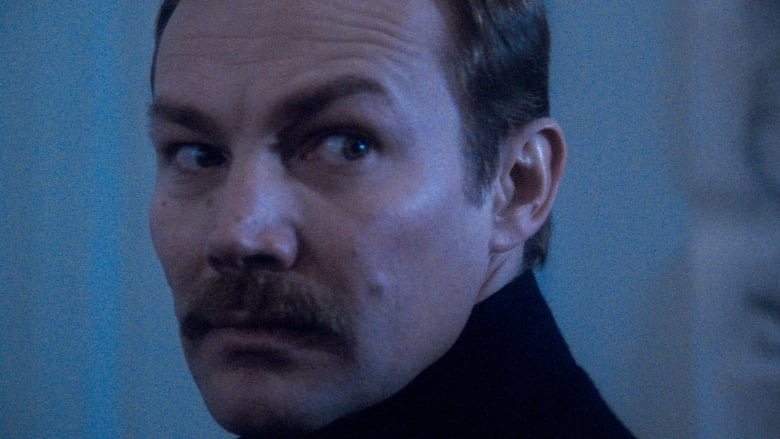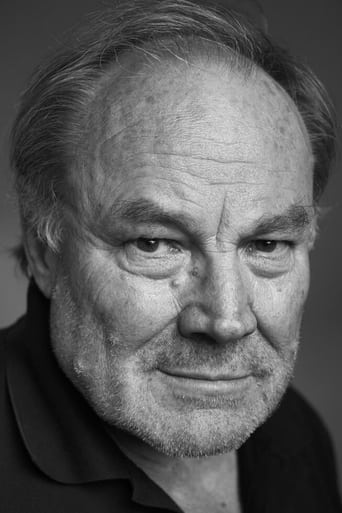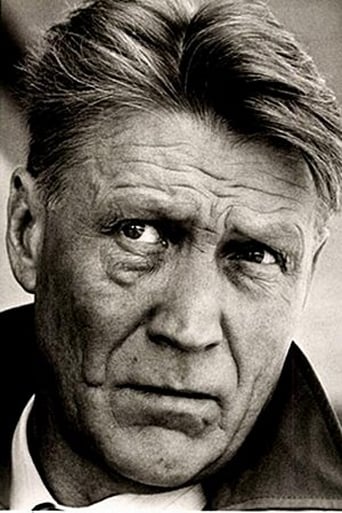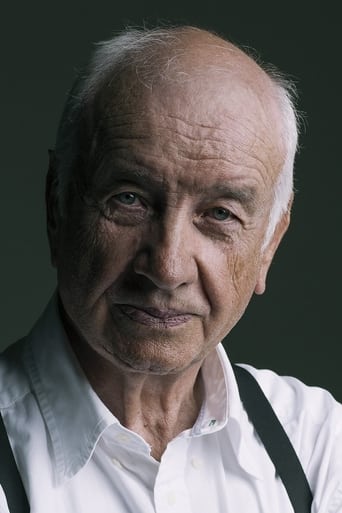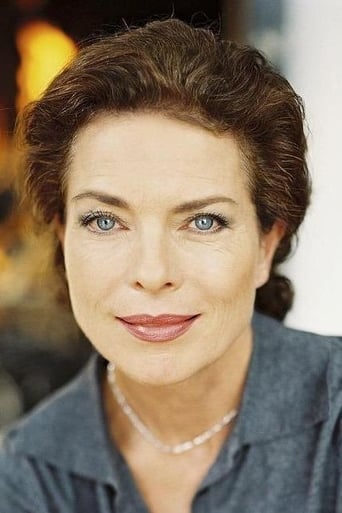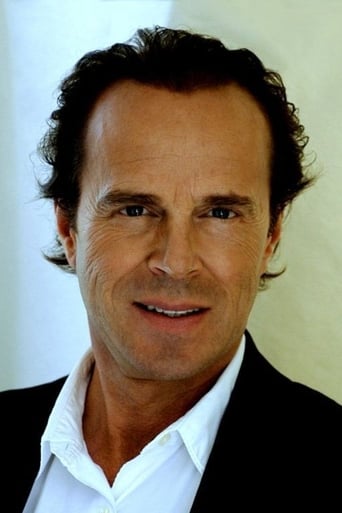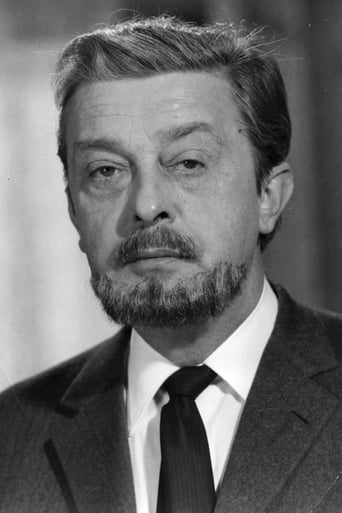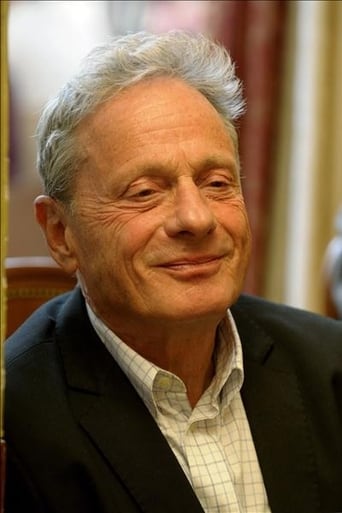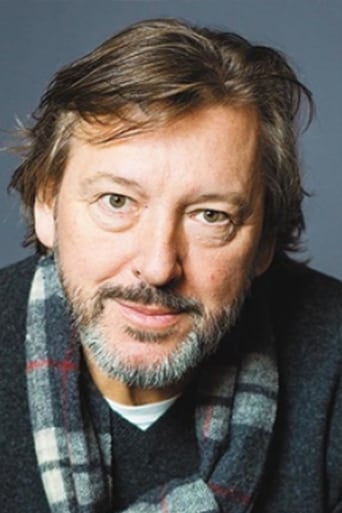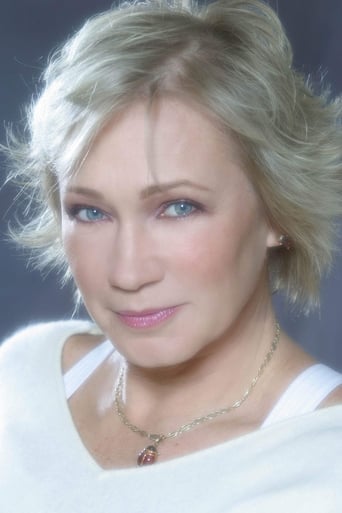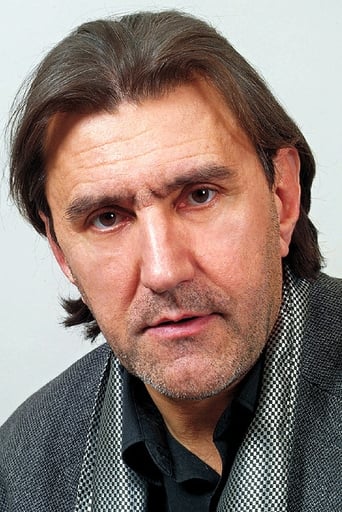Set during the fading glory of the Austro-Hungarian empire, the film tells of the rise and fall of Alfred Redl, an ambitious young officer who proceeds up the ladder to become head of the Secret Police only to become ensnared in political deception.


Similar titles

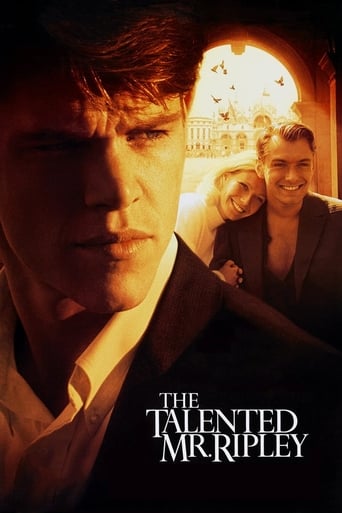

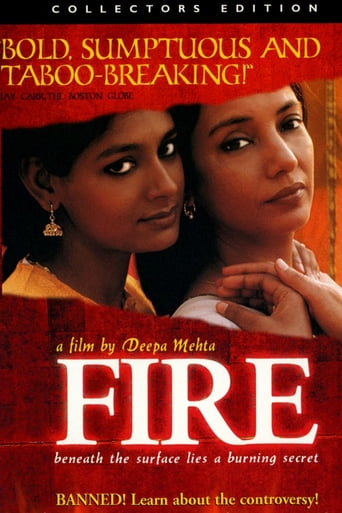
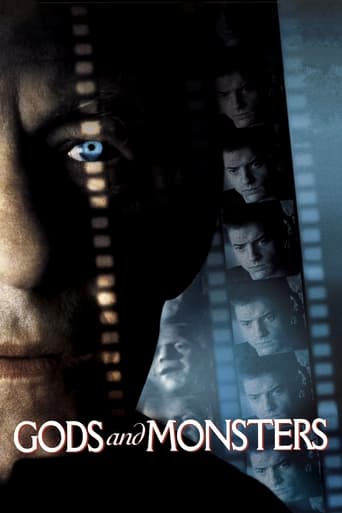
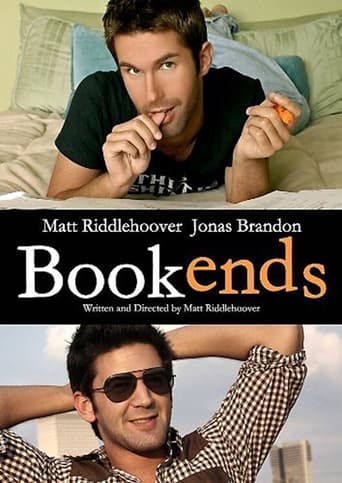
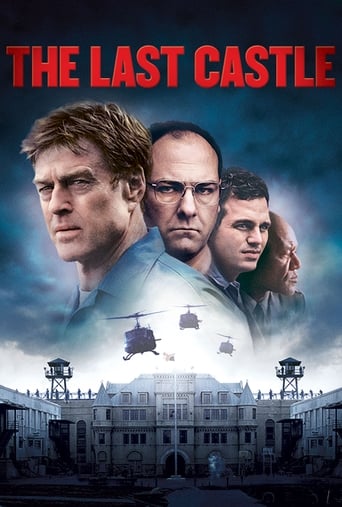
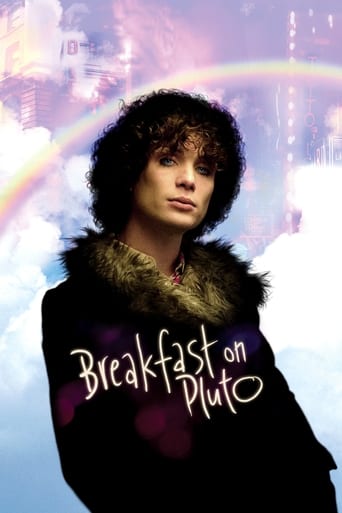
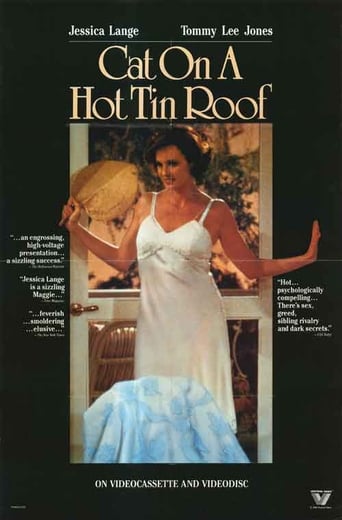

Reviews
Unlike most people who know both films (there aren't many!), I've always preferred this 1985 film to Klaus Maria Brandauer's - and director István Szabó's Oscar winning 'Mephisto', from 1981.'Mephisto' won an Oscar, for Foreign language film and as such, István Szabó remains Hungary's only ever Academy Award recipient. The two films have similarities, with Brandauer giving superbly nuanced yet powerful performances and both as high ranking Military Officers, German in Mephisto and Austro-Hungarian in this.Colonel Redl is a made up character that is drawn from historical records and the story that ensues is based on John Osborne's play 'A Patriot for Me' and we follow Redl as boy, all the way through to his high-ranking officer just before the onset of the Great War. It's a compelling study of the decaying Empire that so dominated turn-of-the- century Europe and the bubbling resentments and labelling of ethnic groups within that start to make us feel us uncomfortable as the recognisable Monster that was to become becomes apparent.It is Brandauer's calm and chilly persona that is both compelling and slightly disturbing. In Mephisto, in comparison, he is far more dramatic, even over-the-top, though the critics might say otherwise. As Redl coolly bulldozes his way through the ranks, craftily getting on the right side of everyone he needs to, his feelings toward a younger officer let slip and after the affair, his decimation from power is calculatingly abrupt and shocking, revealing a paranoid State.There is excellent support from Armin Mueller-Stahl, recognisable from many English speaking films, usually as a German SS officer, as the doomed but supremely powerful and influential Archduke Franz Ferdinand.The period detail is perfect as is the cinematography, looking radiantly splendid in the great halls and ballrooms, beautifully evocative in the snowy wastelands and suitably grim in the film's darker moments.As I said, Colonel Redl certainly deserves to be as known as Mephisto - and of course, both far more than just specialist films for Art House lovers, that they seem to be casually categorised as.My DVD was a Korean release that, once the subtitles were changed to English (from the default Korean) played like just like a 'normal' one.
During the '80s Hungarian director István Szabó made a loose trilogy with celebrated Austrian actor Klaus Maria Brandauer. Colonel Redl is the second movie in the trilogy, and although it is not as well known as the Oscar-winning Mephisto, it is nevertheless as interesting and well made.The movie is a fictionalised biopic of Alfred Redl (Brandauer), who is born to a poor Ukrainian family and in normal circumstances would have been condemned to a life of insignificance; but, blessed with patriotic fervour for the Emperor and influential people who take him under their wing, he's sent to military school where he refines the talents that will be useful to him all his life, namely knowing the right answers to his superiors' questions, being fanatically devoted to the monarchy, and having little moral qualms about betraying friends and comrades. It's no surprise then that he has a steady rise in ranks until he becomes the head of the counter-intelligence services. And that's when his perfect, efficient career starts crumbling.The Austro-Hungarian Empire is a tense place, bubbling with treason and revolutionary plans, devoid of national identity, a mishmash of dozens of peoples - Hungarians, Ukrainians, Czechs, Serbians, Austrians, not to mention Jews - all hating each other. One's background can decide what one's life will be or even get one killed. It's in this atmosphere of subdued terror, lies, and paranoia that Redl, a Ukrainian hiding his Jewish ancestry and ashamed of his poor background, operates a network of espionage to ferret out traitors and criminals in the army, for the army is all that sustains the Emperor's power in an Empire that has no reason to know the concept of patriotism.One day he's brought to the presence of Archduke Ferdinand and ordered to find a patsy to alleviate inter-ethnic tensions. World War I is just around the corner and the Archduke wants a sensational public case of treason that will unify the Empire against a common enemy. When Redl's first victim, a Hungarian nobleman, backfires on him, a plot is hatched to make him look like a spy for the Russians.Based on a play by John Osborne, the movie shows Redl as a Kafkaesque anti-hero, an innocent man caught in the paralysing, faceless world of bureaucracy, unable to extricate himself from it because it operates under an incomprehensible logic. It's a far cry from the real Redl, though, who was blackmailed by Russians into spying for them lest his homosexuality be exposed. I'm not one to judge quality by historical faithfulness, but I can't help thinking Redl's real story could make an equally remarkable movie one day.The movie is consistently interesting, although it develops slowly, covering many years in Redl's life, from childhood to adulthood. Brandauer plays a cold, reserved, callous man who nevertheless draws sympathy for his devotion and work ethic. Although the viewer is left wondering whether Redl didn't just waste his life being too loyal to the Emperor, it is impossible not to feel sorry for him when the Empire he lives for betrays him.Armin Mueller-Stahl's performance as the Archduke isn't less spectacular. Showing ruthlessness, control and a sharp mind, this political strategist does what he has to do to keep the Empire together.Although the facts are fictionalised, the movie shows Szabó's eye for historical details and no scene fails to produce wonder at the way a dress or piece of furniture looks or at the magnificence of the historical sites used for locations.István Szabó and Klaus Maria Brandauer don't get enough credit nowadays, but in the '80s they were an unstoppable duo and Colonel Redl is one of their masterpieces.
The second of director Istvan Szabo's collaborations with actor Klaus Maria Brandauer (I have also watched the first, MEPHISTO [1981, but not the third, HANUSSEN [1988]) is a well-mounted and stately production, typically meticulous and thought-provoking, highlighting the actor's towering leading performance. Once again examining the country's history at the time of a major upheaval (the eve of WWI) and with Brandauer - very ably inhabiting every facet of his complex role - giving another subtle, compelling portrayal of misjudged pride and the shameful exposure (thankfully, the homosexual angle of the plot is barely stressed) at the hands of the regime he had devoted his life to serving.
The film has an interesting (real) story to tell about the Austrian ruling class in the final days of the Austro-Hungarian empire, just before World War I. It does that by the focussing on the fortunes and misfortunes of its central character, Oberst Redl, a career-officer from comparatively humble origins.The story is interesting, the performances are good, but this is still not a great film. Why? I often felt I was watching an adaptation of a stage play, e.g. the movie moves along at a very slow pace and is equally slow into getting us into the lead character. Moreover, I felt distracted by sets and costumes. Austrian uniforms from that period were very glamorous and so it is quite appropriate to use them, but the viewer is constantly subjected to all this glamour, distracting his or her attention from what the film really wants to say.
